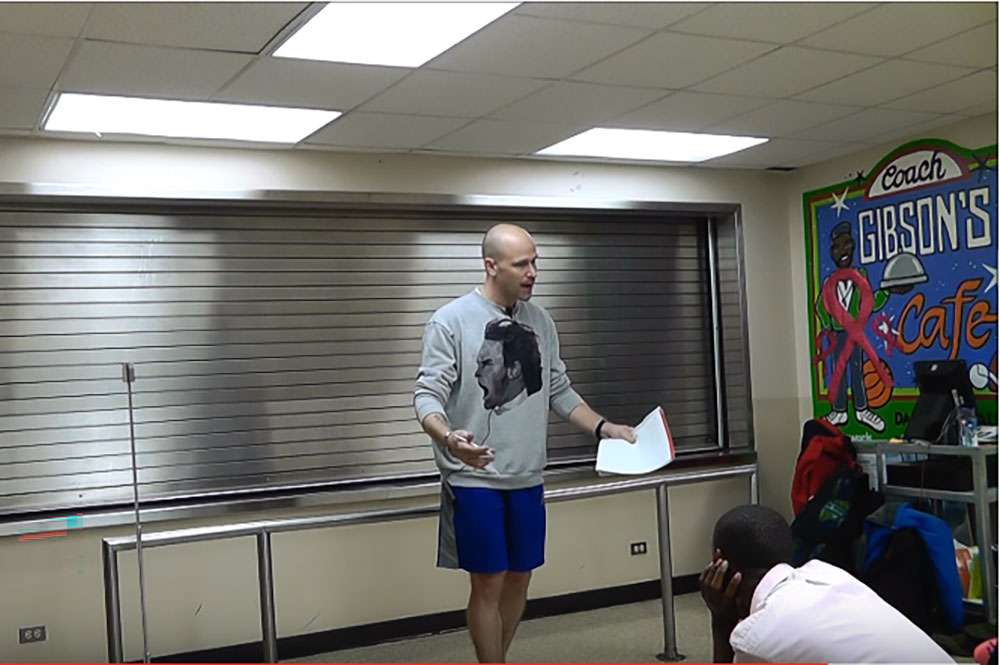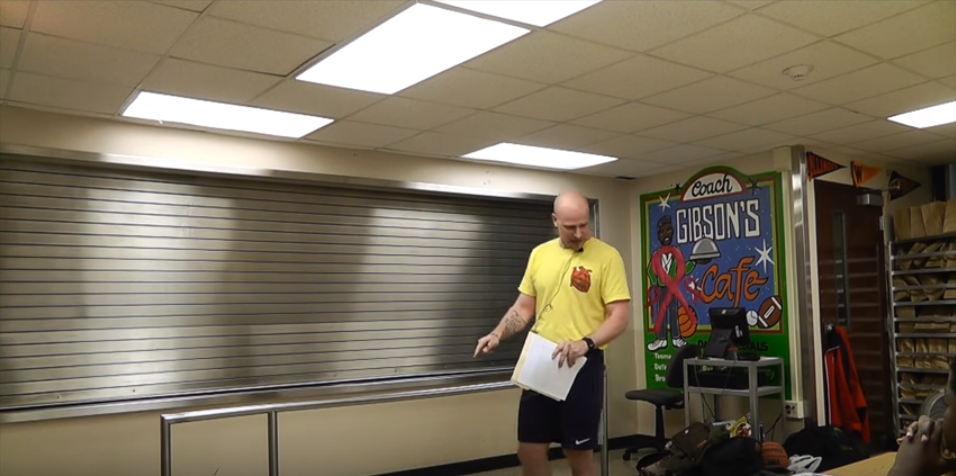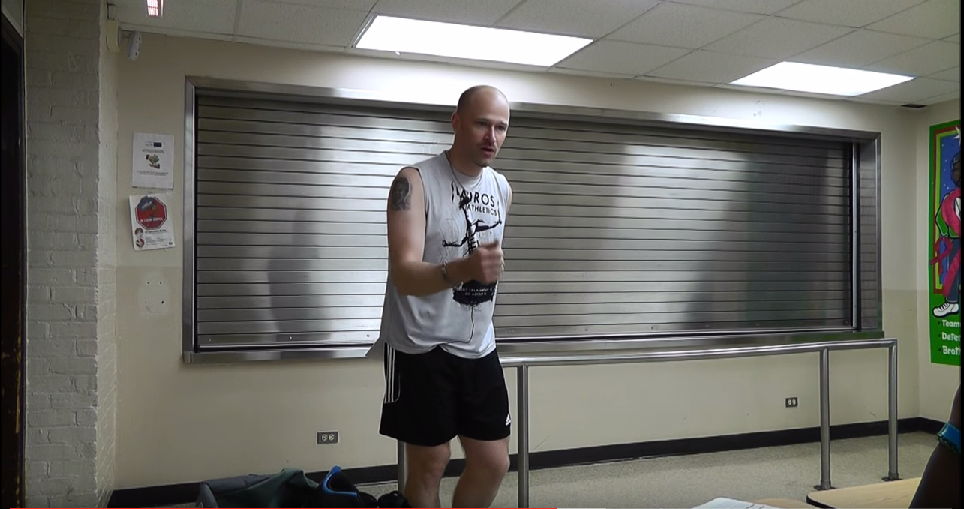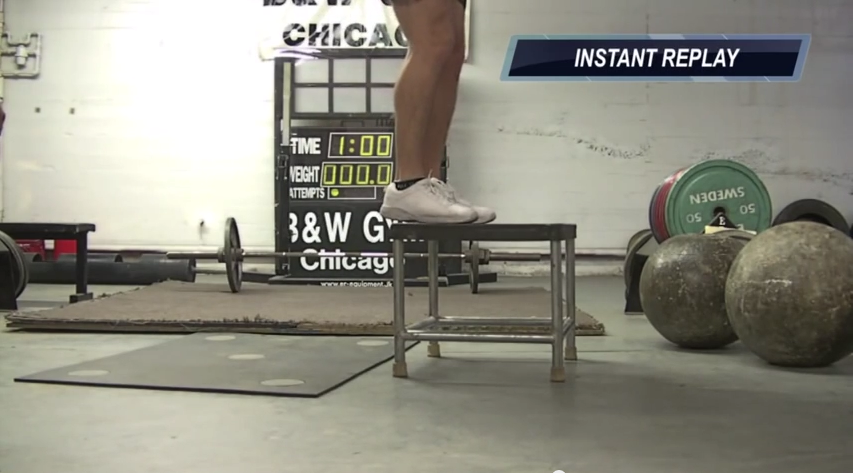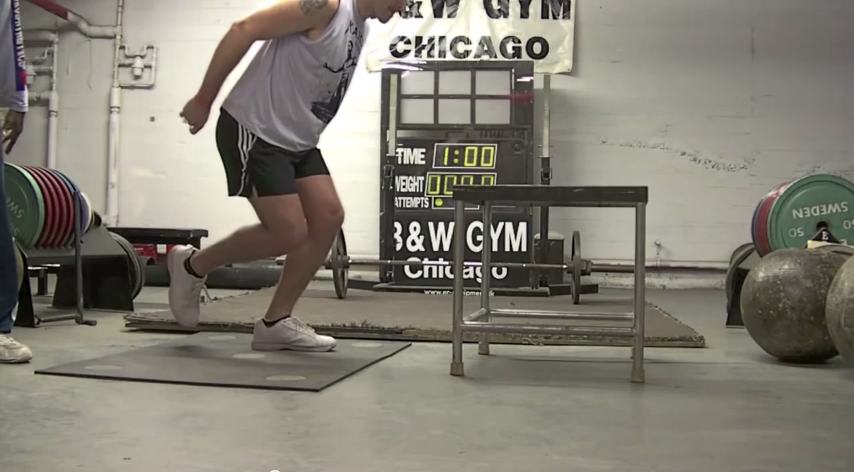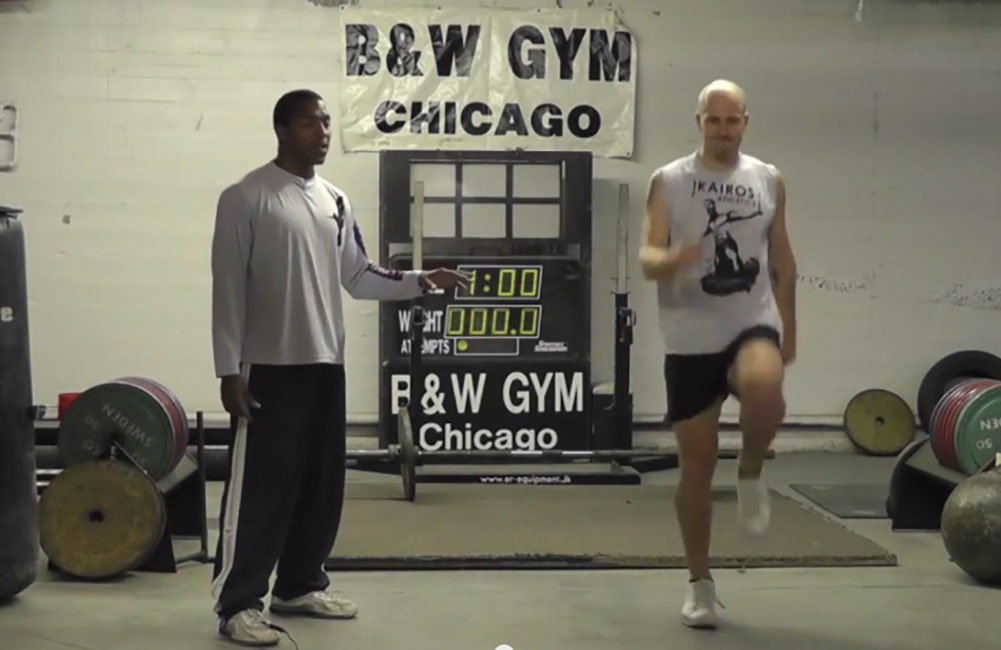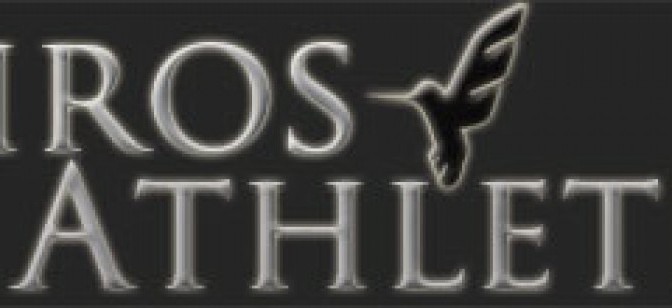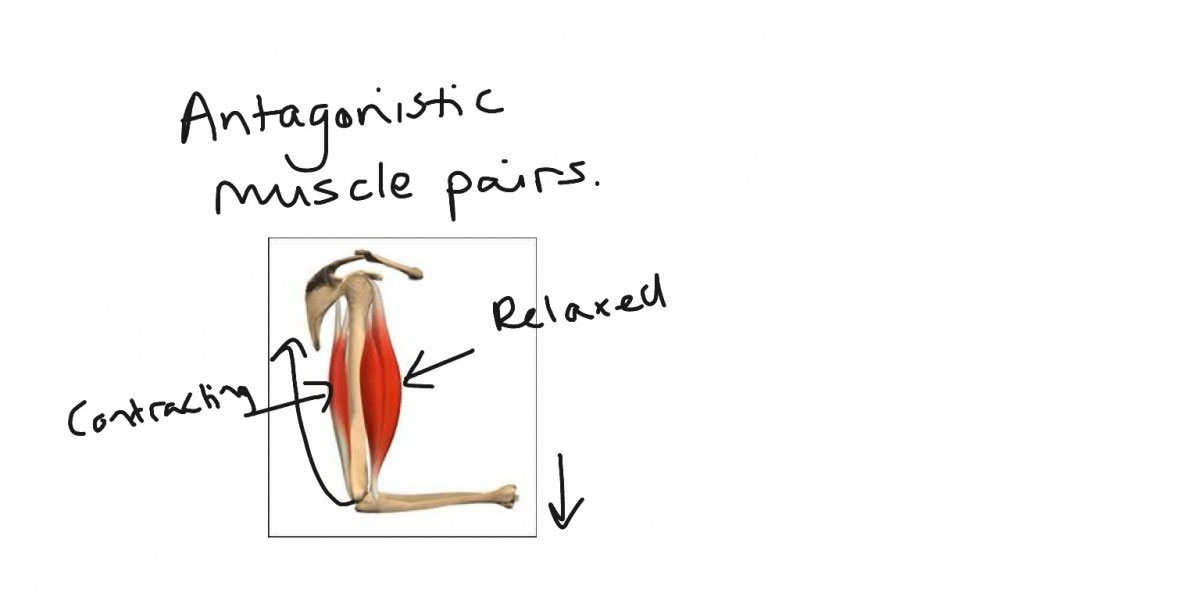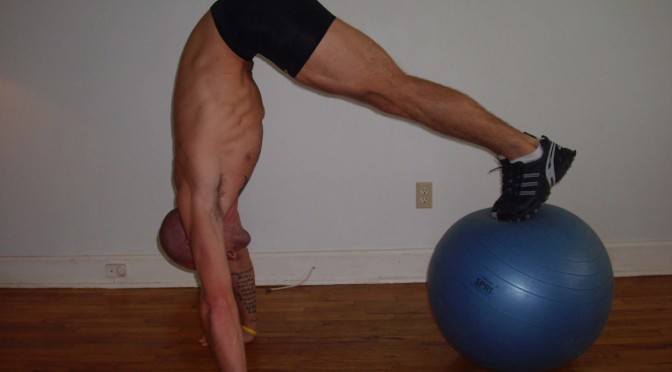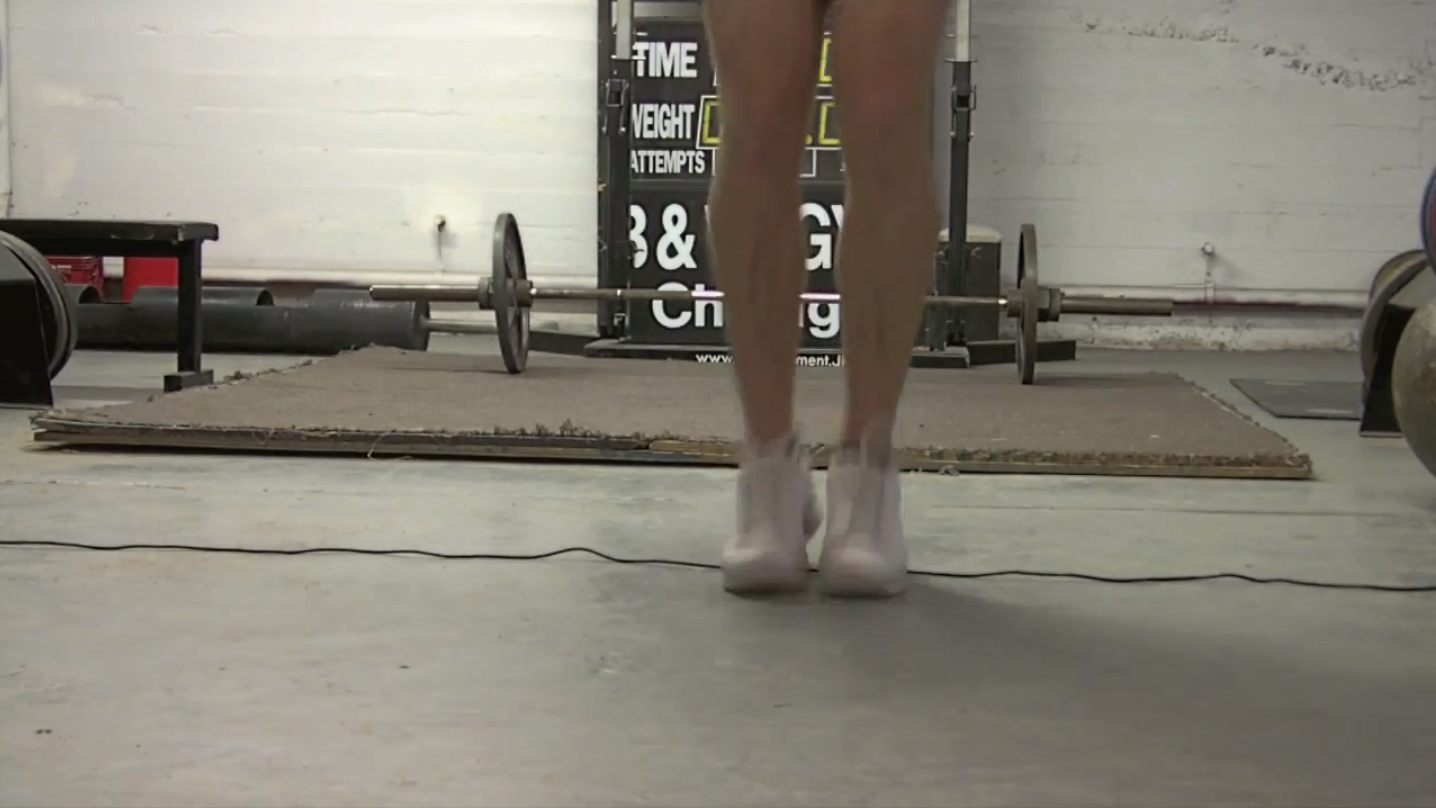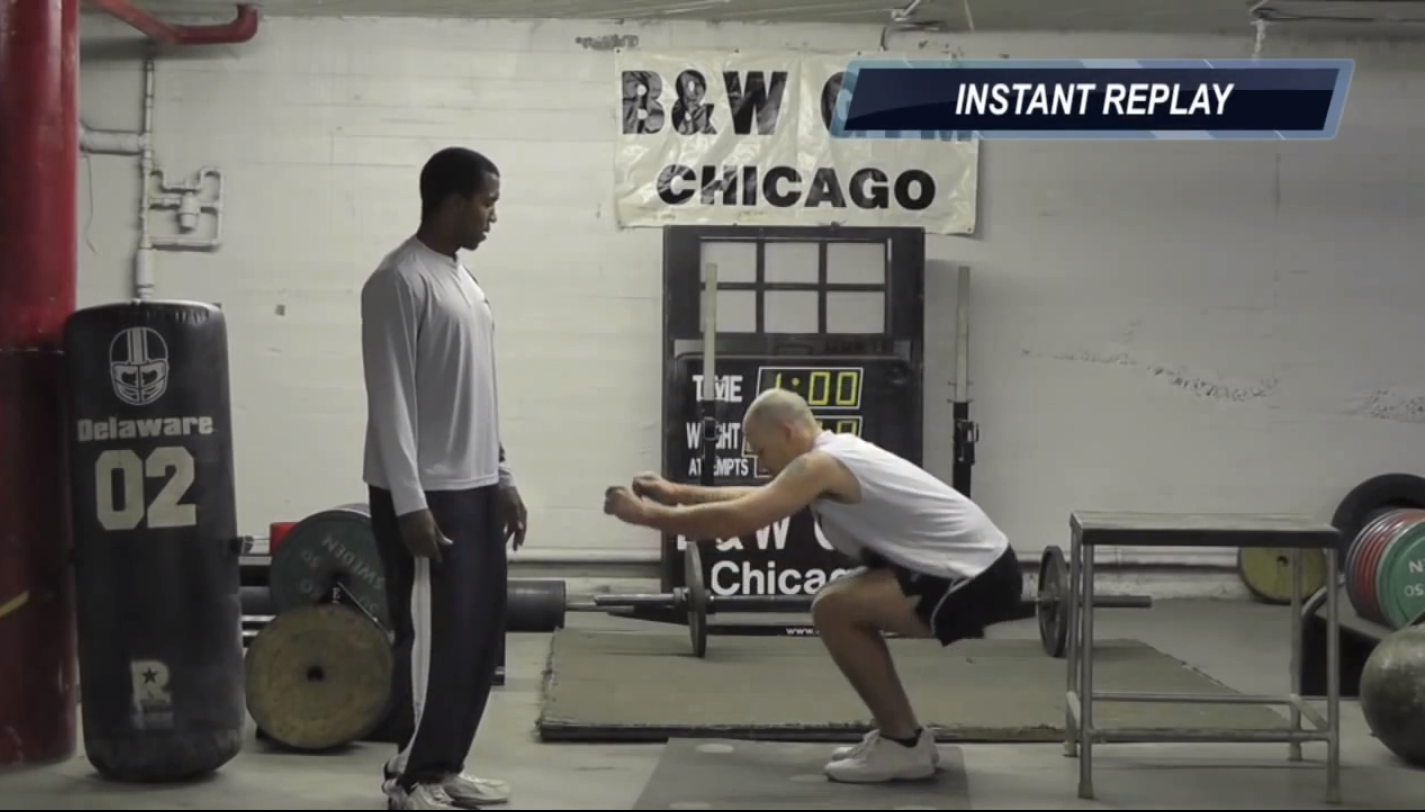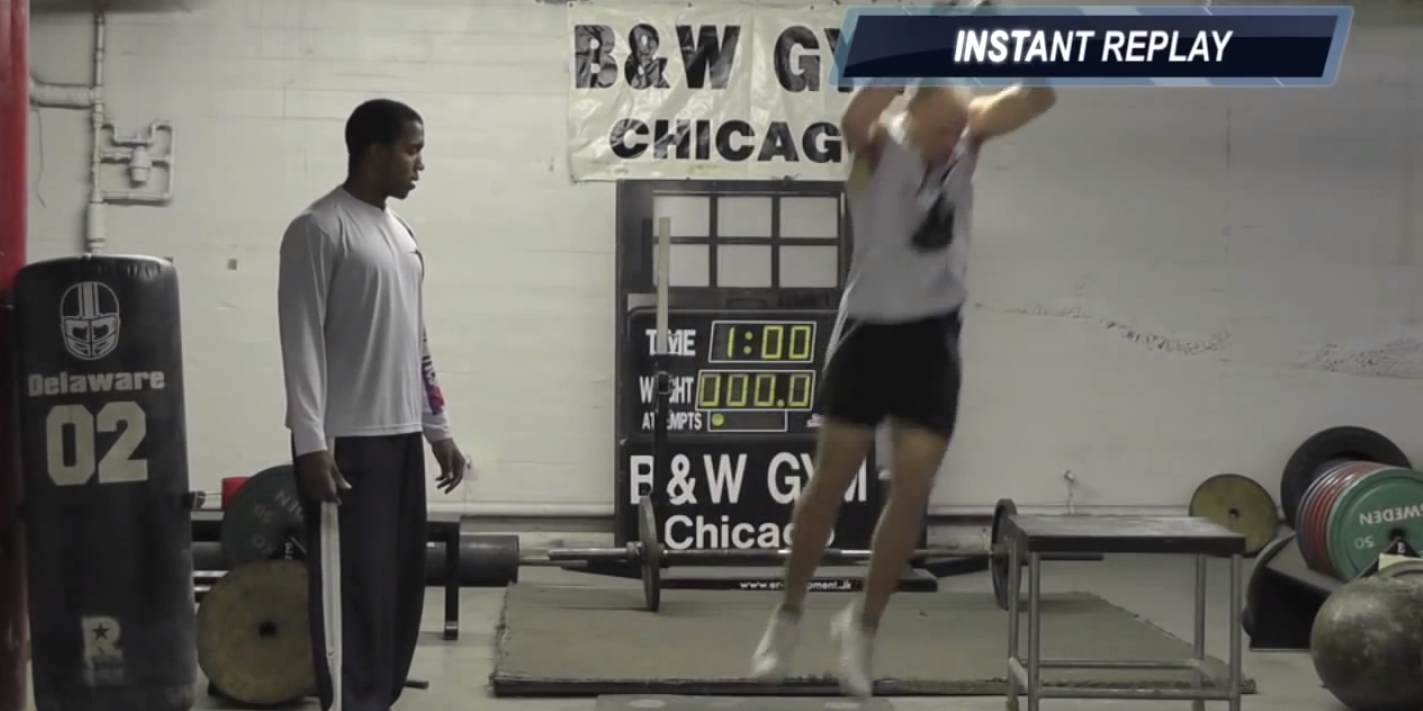Think about how it feels when someone tells you, “You cannot do it. You will not make it.”
Now, imagine if you were to communicate to yourself with this kind of language.
Regardless of who you are, it is at least bothersome to hear this. This kind of talk is downright destructive to most people.
Imagine that as you pursue your dreams or attempt to just fulfill your first responsibilities, like taking out the trash and paying bills; imagine telling yourself, “I’m too tired. I am not smart enough.”
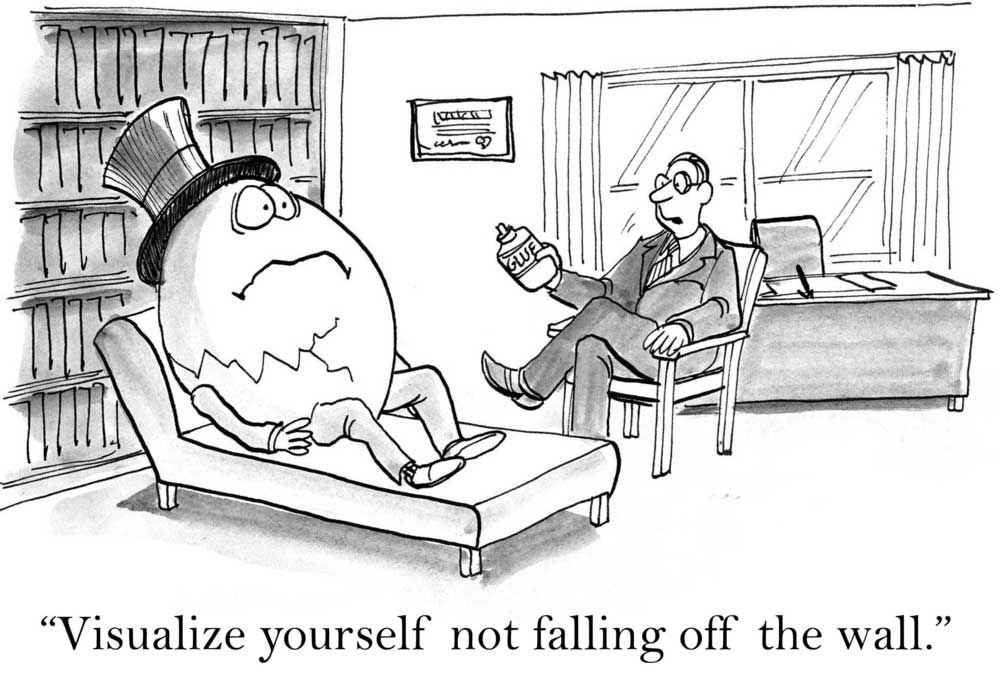
The affirmation works opposite to negative self-talk with an equal or even more powerful effect bringing us towards victory.
To make anything happen, you must see it first.
To drive a golf ball along the right trajectory, in the mind’s eye, you must see it first. To drive to the basketball hoop, you must see it in the mind before it can be executed.
The affirmation is not something that one says as if one were in denial of reality. It is a firm, strong statement that helps to shape our lives. If visualization and a positive attitude is the painting, then affirmations and positive self-talk are the brushstrokes.
Create Your Own Affirmations:
Design a list of affirmations that will counter and contradict any negative self-talk or limiting beliefs that are defeating you in life and/or in sport. This process can be used to improve all parts of your life where you desire to improve.
It is wise for student-athletes to create a list that considers their performance in school and in their sport.
Often it can be challenging to identify the actual “self-talk” that is defeating us. Many are not very experienced in this kind of self assessment(see Strong in Life; Strong in Sport). An intelligent way to identify where self-talk might be defeating you is by looking at your strengths and weaknesses in your sport and school.
If you are doing poorly in your Biology class, then hidden somewhere in your mind is a belief that you are not “good at biology.” Or, you might think, “Science is too hard for me.” If your backhand in tennis is missing, then you might be telling yourself, “My backhand is weak. I can’t make any shots with my backhand.”
These very kinds of statements are SELF-DEFEATING.
These statements are so destructive because they do not give way to any vision in the mind that will guide the athlete or student toward behavior and confidence required to reach the objective.
When we say, “Science is too hard”, we are saying that we can’t do it. We are seeing ourselves walking home with bad grades in hand. We are seeing and imagining ourselves dealing with a question in science class and becoming confused, or we are envisioning feeling the despair we sense from being unprepared for another test. We are imagining a tennis game that has us play almost all forehands (which is ridiculous) and win.
A problem is that the process by which we maintain our limiting beliefs is quite complex.
In the above example the mind is working harder to maintain the limiting belief by imagining a scenario that is nearly impossible – that one could win consistently without a forehand – than to imagine and work toward a strong backhand and winning in reality.
(Keep it in mind as one considers their limiting beliefs. It takes some time to accomplish this.)
Exercise: (find a pen and some paper)
Find a quiet place where you can concentrate undistracted. Taking into consideration your strengths and weaknesses in your game or in the classroom, go into your mind and find the visions and the self-talk that is supporting what will not work for you.
Write down the statements that sound like the following: “I can’t run fast. I am not that strong. I can’t pass the ball well. I don’t read well. I am bad at writing.”
On another piece of the paper, write your affirmations.
These are the statements that will direct you towards improvement and contradict your limiting beliefs. Your imagination and your mind will be put to use to move you toward progress. Your thoughts will be put to work for you, directing you toward action that will put you on a path to realizing your goals.
Write down affirmations that counter the limiting beliefs: “I am fast. I am strong. I am great at passing the ball. I love to read and am a great reader. I am a wonderful writer.”
When you complete your affirmations, discard your limiting beliefs. Literally throw in the trash or destroy the list of limiting beliefs!
Keep your list of affirmations. Read them out loud in the morning when you awake and at night before you go to bed.
When you are striving in competition or trying to make yourself better, counter any limiting belief with an affirmation. Speak the affirmation. Say it to yourself out loud.
Also, check out another mental exercise that has us think about what we already do well and use that experience to enhance performance in Kairos Athletics Mental Exercise: Put on Peak Performance Mind Like Cleats.
Have Billy Talk to Your Student Athletes!
Billy Lee is the Founder of Great White Financial – one of the most productive and prolific business incubators in Chicago and the Midwest. He has been a peak performance trainer for over 20 years.















